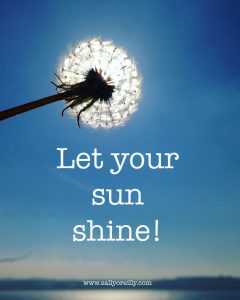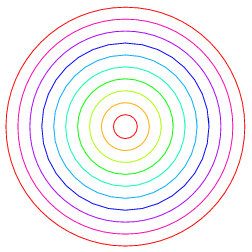Did you know that friendships have an average shelf life of 7 years?
The ones that last longer are the deeper friendships that are truly nourishing and good. They are worth your investment, because the joy, fun, trust, encouragement and support outweigh the irritations, the upset, the clashes (which are normal). Even if you rarely actually see each other!
Cool.
[bctt tweet=”But what about the friendships – and we’ve all had them – where the bad outweighs the good?? ” username=”@psychosal”]
What about Habit Friends?
We all have had that friend who we know since school/college/that job that we are really not that intimate with anymore, maybe ever. You can tell the ‘habit friend’ by the sad feeling you don’t get when they cancel. Or the persisting feeling of duty or obligation when it comes to contacting them, the absence of joy or connection. Or worse, resentment for taking up your time (which you give them…just sayin’!). Maybe your kids are friends, you attend the same gym, whatever.
But: do you want these people in your life? You have a choice. Even though we often don’t consciously realise that fact. We can limit our contact, even cut it off. It’s up to us!
OR maybe you have It’s-all-about-me friends.
These are the ones that make it about them in times of (your) stress: “OMG! I have the Exact.Same.Problem!!”. Or whip up drama even more if you’re in difficulty. You may familiar with the”Oh my GOD! I know someone who had that EXACT pain and it turned out to be cancer – they were RIDDLED!!”.
You know the ones…
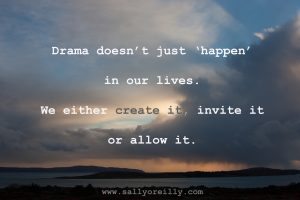
OR what if they’re Sticky Chi friends (a phrase borrowed from a Martial Arts friend, Chi being a word for ‘energy’). You can tell your friend has sticky chi if you feel exhausted at the very thought of meeting them, or find yourself zapped when you’ve left them despite buzzing like a kitten on cola before you met up!
Your body is telling something – ignore at your peril!
OR at worst, they’re Abusive ‘friends’.
I use the term ‘friend’ here very loosely. These are the ones that actively offend you either explicitly: “Jeeez, I don’t know if you should go for that job. You’re not bright enough, seriously”. Or, more commonly, implicitly: “Jeez, are you really going for that job? Wow! Hmmm.. surprising! Ok, well good luck I guess…Don’t worry if it doesn’t work out though”. This is passive aggressive and nasty. But it’s also subtle and hard to pin down. So often we put up with it for a long time before realising it has chipped away at our self-esteem and hurt us.
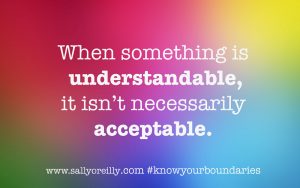
One of the biggest problems with toxic friendships is that while we are pouring our limited energy into these bottomless pits, it is near impossible to be open to the possibilities of creating more meaningful relationships with other people.
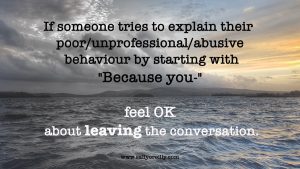
What can you do if you suspect that you may have a toxic friendship?
First, start by asking yourself some tough questions – and REALLY think about the answers:
- What does the friendship give you? (Support, love, acceptance, laughter, a headache?)
- What would you miss about X if you weren’t in contact?
- Do you believe you are worthy of good friends?
- Do you attract people into your life that are unhelpful, or even harmful?
- Have you been wondering why you (always) have friends that hurt you? (This is a cycle you can break, with the right support). Allow yourself get that support.
- Could the problem lie within you? We must always consider our half of any troubled relationship because you’re not perfect! (Nor am I or anyone I know! :)) So perhaps check these things:
- Do I make efforts to contact or do I always wait to be called?
- Do I offer as much help as I am offered?
- Do I expect more than I give?
- Do I show up when there’s trouble?
- Do I keep confidences?
- Do I bitch about other friends? (If this applies, you may as well hold a sign up saying “Dump me immediately, I’m not ‘good friend material’!!)
Here’s a technique to help you detangle your relationships:
‘THE CIRCLES OF FRIENDSHIP’
Grab a piece of paper. Draw your self in the middle. Draw circles around yourself sort of like you are the centre of your very own Solar System. Place friends’ names on various circles so you can visualise how close you want them to you. It might sound a bit silly, but it’s a great way to represent what you may never have thought about before.
You will soon see that there are people you don’t want to be friends with, maybe that you’re not really friends with. Maybe just Facebook friends.Maybe people you don’t even like anymore. Take time to do this. Concentrate. Ask why you allow this person in your life. What ‘type’ of friend are they?
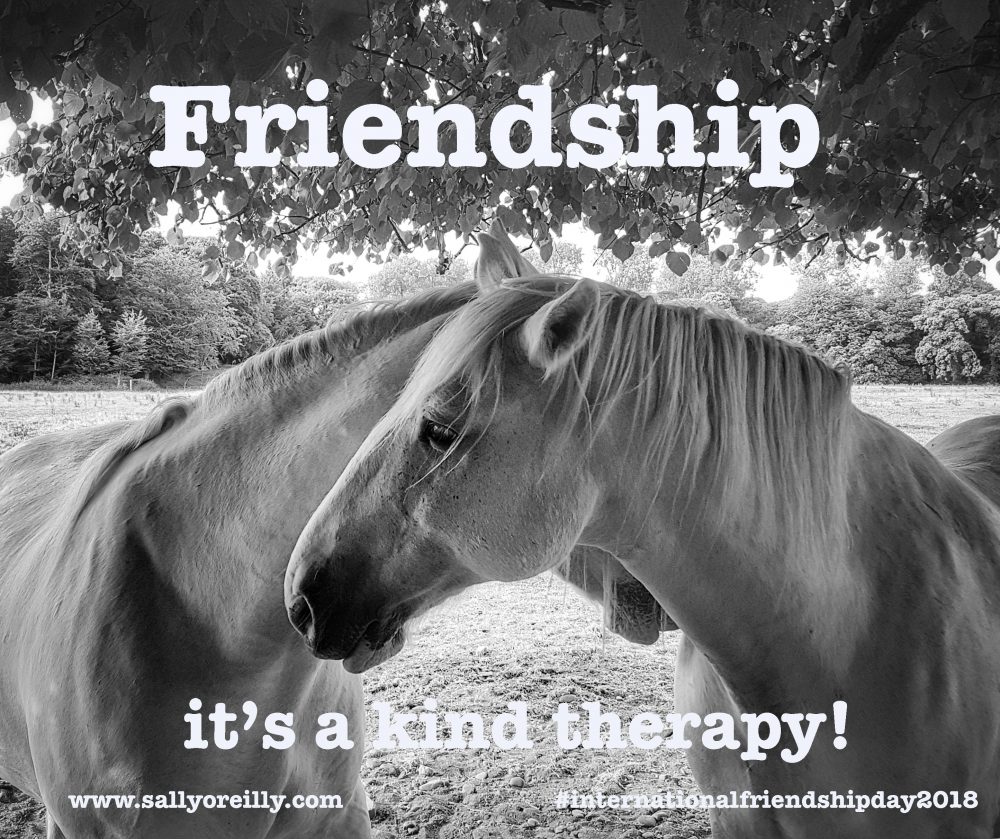
This is the first step in identifying the toxic people in your life. We all have a limited amount of emotional energy. Looking at our ‘circles’, obviously we want the people on the closer, inner circles to get the most of our available energy.
Questions to consider: What does your Circles of Friendship look like? What would you change if you could? Who would be closer, who would be farther, and who might not even find a placement?
It’s OK to end a friendship. It really is. Take time to heal, assess and learn from what happened. It doesn’t mean you’re a bad person, it doesn’t even mean they are!
Choosing who you spend time with is one way to practice self-worth.
Many of us have learned through trial, error and ample doses of pain – that letting go of friends (or being let go) can end up being the best way ever to make new friends.
Oftentimes, better friends!
